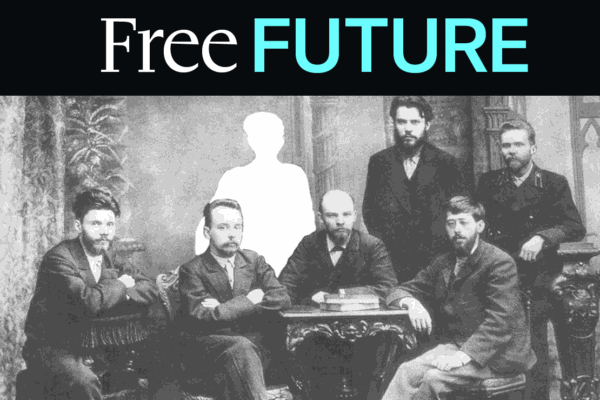ACLU Promises Legal Challenge as Congress Adopts Bill Imposing Internet Blocking in Libraries
FOR IMMEDIATE RELEASE
WASHINGTON -- The American Civil Liberties Union said that it will soon launch a legal challenge to legislation adopted by Congress last week that would mandate the use of blocking software on computers in public libraries.
"This is the first time since the development of the local, free public library in the 19th century that the federal government has sought to require censorship in every single town and hamlet in America," said Chris Hansen, ACLU Senior Staff Attorney. "More than 100 years of local control of libraries and the strong tradition of allowing adults to decide for themselves what they want to read is being casually set aside."
The measure, which was included in the year's final spending bill that was approved on Friday, was introduced by Senator John McCain, R-AZ. It would require libraries and public schools to adopt acceptable use policies accompanied by a "safety technology" - i.e., blocking software - that would block access to materials deemed "harmful to minors."
Earlier this year, an 18-member commission appointed by Congress rejected the idea of mandating the use of blocking software, which is notoriously clumsy and inevitably restricts access to valuable, protected speech. A wide spectrum of organizations have opposed blocking software mandates, including the American Library Association, the Society of Professional Journalists, the conservative Free Congress Foundation and state chapters of the Eagle Forum and the American Family Association.
"There was an Alice in Wonderland quality to this debate," said Marvin Johnson, a Legislative Counsel with the ACLU's Washington National Office. "With its vote, Congress rejected the advice it asked for from the panel it appointed."
The ACLU said that because blocking programs can be so restrictive and overreaching, they significantly reduce the amount and diversity of speech and information available to individuals. For example, House Majority Leader Richard "Dick" Armey, a staunch proponent of Internet blocking, found his own web site censored, because it contains the word "dick." And a recent report by Peacefire found that several dozen websites of candidates for Congress had been blocked by censorware.
Over the last five years, the ACLU has successfully challenged a wide range of government efforts to censor the Internet, including the landmark Supreme Court ruling in Reno v. ACLU and, more specifically, in Mainstream Loudoun vs. Board of Trustees of the Loudoun County Library, where a federal district court found mandatory use of blocking software unconstitutional in April 1998.



